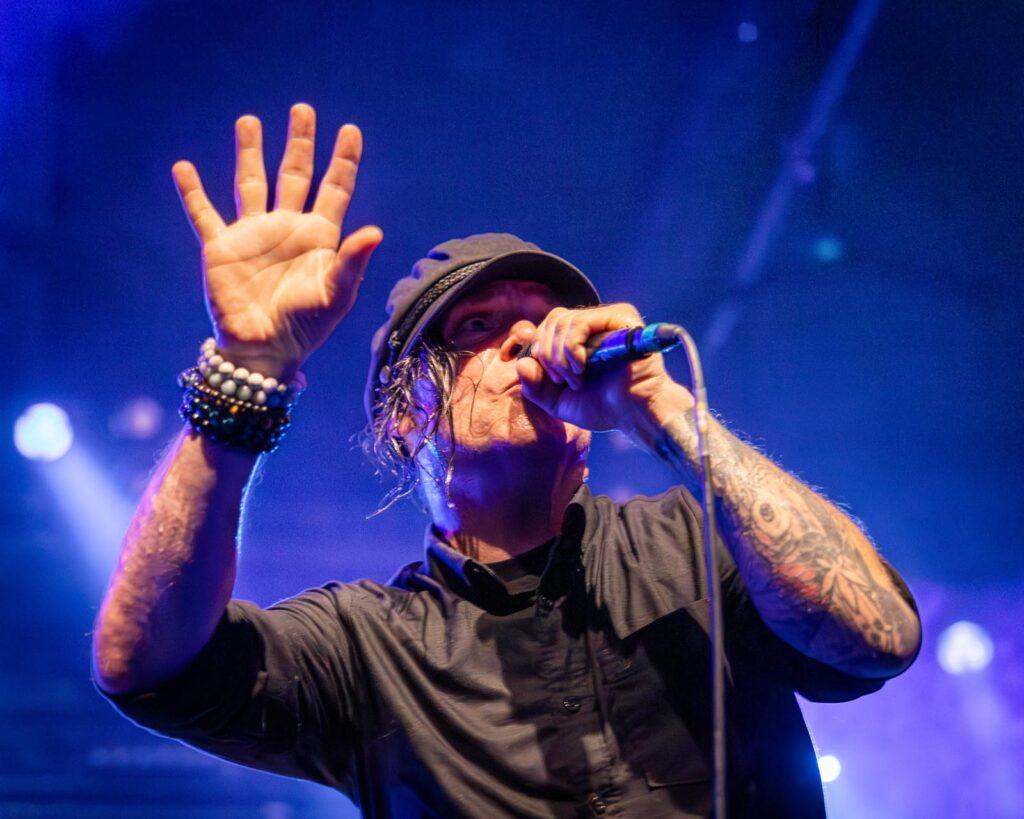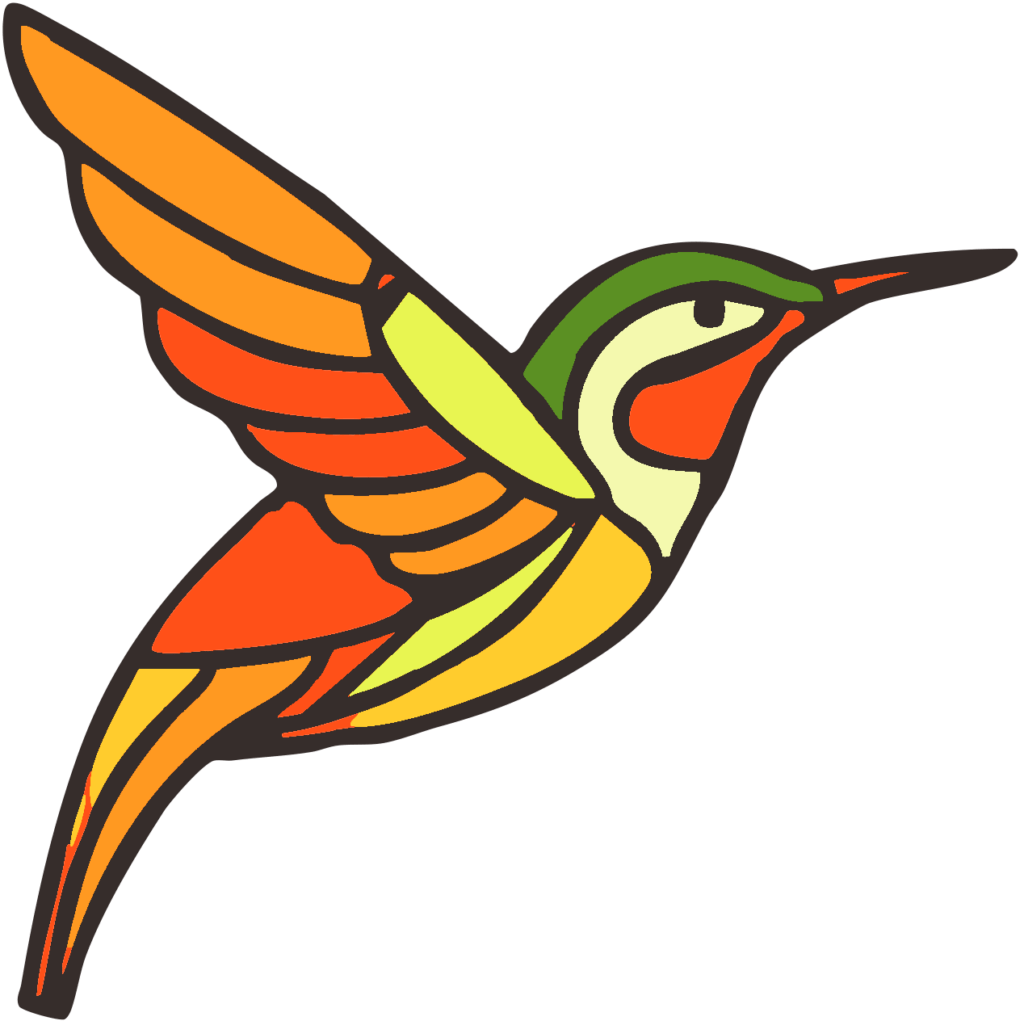Originally Published in Visions Magazine
On April 16, 2025
Text by André Boße
Read the original article in German here.
"I'm interested in making micro-connections"
With “A Nightfall Ritual,” Alex Henry Foster releases a new live album, recorded with his band The Long Shadows on a rainy summer evening in Cologne in 2024. In this interview, the Canadian talks about what made this evening special, the purpose of his shows, and what his experiences in Tokyo and Tangier have to do with it.

Alex, you mentioned in the preliminary interview that you run your own pressing plant. How did that come about?
A little over a year ago, Jeff [Beaulieu], the bassist in my band, and I had the idea. We went to our friends at Third Man Records, Jack White’s label and pressing plant, to learn about the necessary craftsmanship and machinery. Now we have our own pressing plant, and I’m suddenly sitting on the other side of the desk.
In what way?
Labels and bands come to me excited about getting a record pressed. The good thing is: I can understand this excitement, because I feel it too when I’m planning a release. My job in this case is to accompany these mostly small labels and bands on their journey. What I particularly like about the entire record pressing process is the passion behind it. The mechanics are involved, too. But the passion is evident throughout the entire production process—and I love that.
What moment of vinyl production do you particularly like?
The moment when a pile of plastic is pressed into an LP. That is the moment when music, when sound, takes on a body. For me, that is a very beautiful, inspiring, almost hypnotic process. But the chemical finishing process, when the lacquer record is copper-plated, is also very fascinating. As a band or record buyer, you don’t really notice it because you only deal with the end product, the finished LP. It’s a pretty old technology that seems almost magical. I think there’s a poetry to touch. You form a connection with the object produced in this way. A connection that is much more personal and intimate than simply pressing your smartphone to listen to music. Even if that is more convenient than putting on vinyl.
But is streaming really as convenient as it's often suggested? For example, when I'm asked to choose music via my service in the evening, I'm often overwhelmed. It's much easier for me to just pick up a record from the shelf.
Absolutely! I often notice some of my friends trying to find something on Netflix: They spend more time searching than watching the show. Sometimes they get so annoyed that they end up not watching anything at all.
What strikes me at your shows is the extremely high density of people wearing your T-shirts. I've only seen that at metal concerts. How do you perceive that?
I really like that. Not because I think it’s great to see my name on a t-shirt. I find that rather uncomfortable. But because every t-shirt I see takes me back to the place, the record, or the event it was created for. Sometimes it’s a festival. Sometimes it’s a show that only had 15 people in attendance but still made an impression. That way, I create a connection with my audience. Micro-connections are created that ultimately ensure that we become a community that evening. But community doesn’t mean that everyone is the same. Quite the opposite: everyone is different. As different as the t-shirts I see in the audience.
A community of difference.
Yes, and that’s why concerts are a ritual for me in many ways. With music as an excuse.
As an excuse for what?
As an excuse to gather everyone together, to create another moment of community. That’s another reason why every evening is a kind of experiment in itself. Because I see how people react to my music. And they often react in completely different ways. Some jump, others hold their hands in the air. There are people who cry or scream. Others are completely quiet and withdrawn. What’s important to me is that none of this has anything to do with me. It has to do with the sense of community. With the certainty that on these evenings everyone can feel safe to be themselves.
Does this also apply to you on stage?
Yes, otherwise it wouldn’t work. I wouldn’t find it satisfying if we played the songs the same way over and over again. That’s what CDs and records are for. The songs take on different forms on stage because we follow the mood created by that space. I prefer to be influenced by that atmosphere rather than trying to force the songs on the audience the way I’ve planned them beforehand.
This means you are giving up your power as a performer.
Yes, I’m just as much a part of the evening as anyone else. I’m not the one channeling anything. We allow the songs to let go, to expand for many minutes. We experiment with that.
You spend a lot of time in Tangier, a port city in northern Morocco, where you run the boutique hotel "La Maison de Tanger" with a partner. What experiences do you gain there that are important for your own music?
When I was there for the first time, my father had just died. I was very distraught, very emotionally distressed. Tangier is called the gateway to Africa, but it’s also the gateway to Europe because it’s very close to Spain. There are many people in the city who come from all over Africa. In the evenings, they gather and make music together. The first time I was there, I saw how these people were completely absorbed in the moment while making music. A sense of solidarity developed, even though these people didn’t know each other. They came from all parts of Africa, playing different instruments and music from Africa’s many cultures. And there I stood, the only white person…
You were the stranger.
Yes, absolutely. A stranger among strangers. They gave me a drum, and I remember freezing. I—the musician—didn’t know what to do with it. I was paralyzed. A guy came up to me and said, “Just let go. You know, just express yourself. It doesn’t matter how you do it.” That really resonated with me because, at the time, I had forgotten how to let go. I was frustrated because I felt standardized. But at the same time, I didn’t know how to break out of that mold and be free as an artist. That experience was a pivotal moment for me.
How does music help with what you call “letting go”?
Let me give you an example. I’m a huge Swans fan. I saw them in Tokyo in a small, not particularly crowded club. It was very warm, I remember that. And the audience was very mixed, with punks standing next to businessmen in suits. Swans started playing by stretching out the same chord for 45 minutes. Even I, as a huge fan, thought to myself, “Okay…” But by the end of those 45 minutes, I understood. Swans, in their own way, created a small, transcendent, communal moment. Similar to the moment I experienced in Tangier. And I’m very happy if I can create moments like that with my shows.
The recording of your Cologne show from the summer of 2024 will be released as a live album entitled "A Nightfall Ritual." Was that evening marked by such moments for you?
That’s the impression I get, yes. With this album, I want to thank everyone who was there that evening. I’m not saying this because we’re speaking together now, but the lyrics for this concert on VISIONS also played a part in that. I hardly ever read reviews of my work; it’s not good for me because you either think you have to change everything or you have to do it exactly the same way again. But this text showed me: I experienced it the way it’s written there. And that means there’s a good chance that many others did the same. Which led me to thank this community with this live album.
"A Nightfall Ritual" will be released on May 16 and features four long songs, recorded on July 27, 2024, at the Kantine in Cologne. Two of them can be heard exclusively here. They also serve as a precursor to a new studio album by Alex Henry Foster, which will be released in fall 2025.
Facebook
Twitter
WhatsApp
